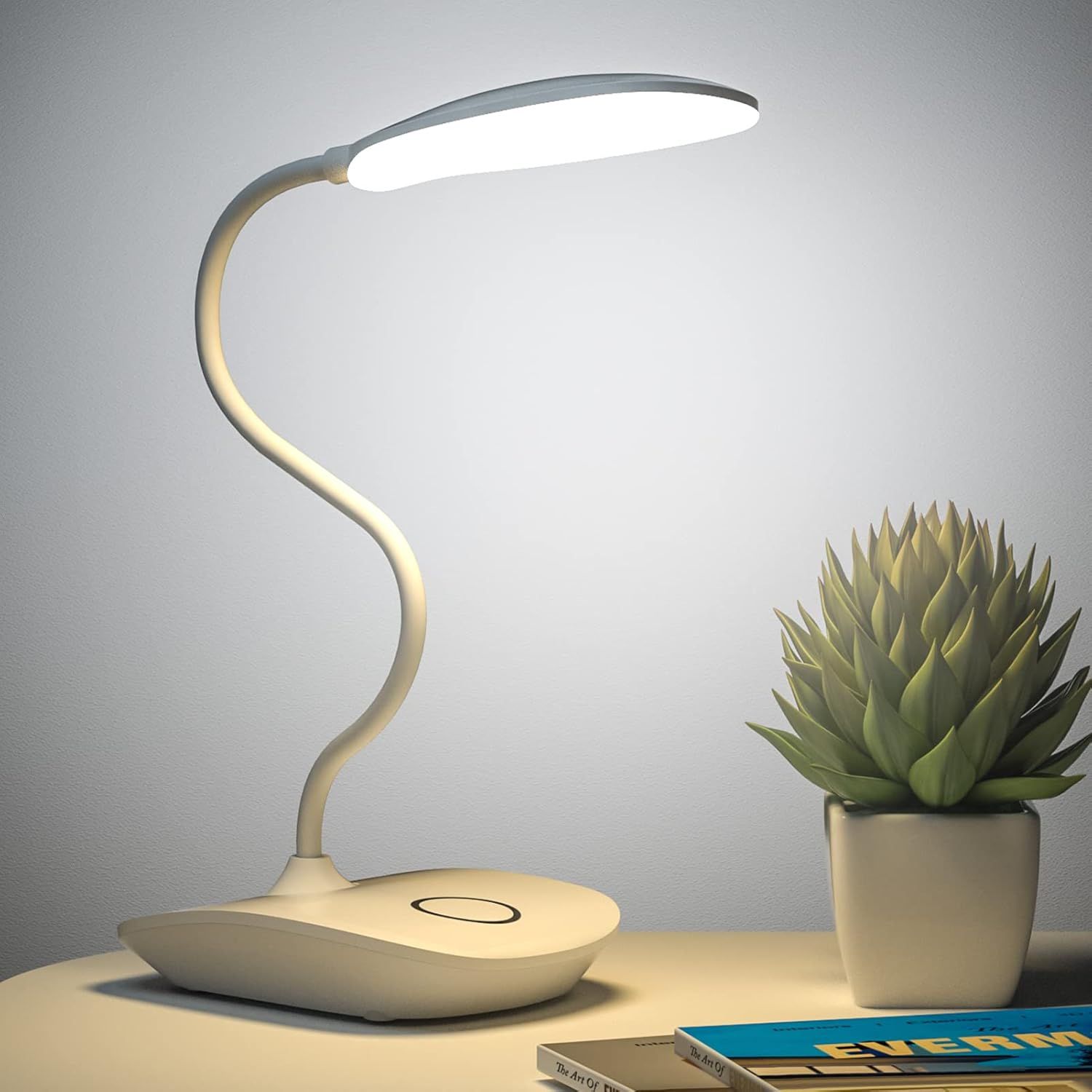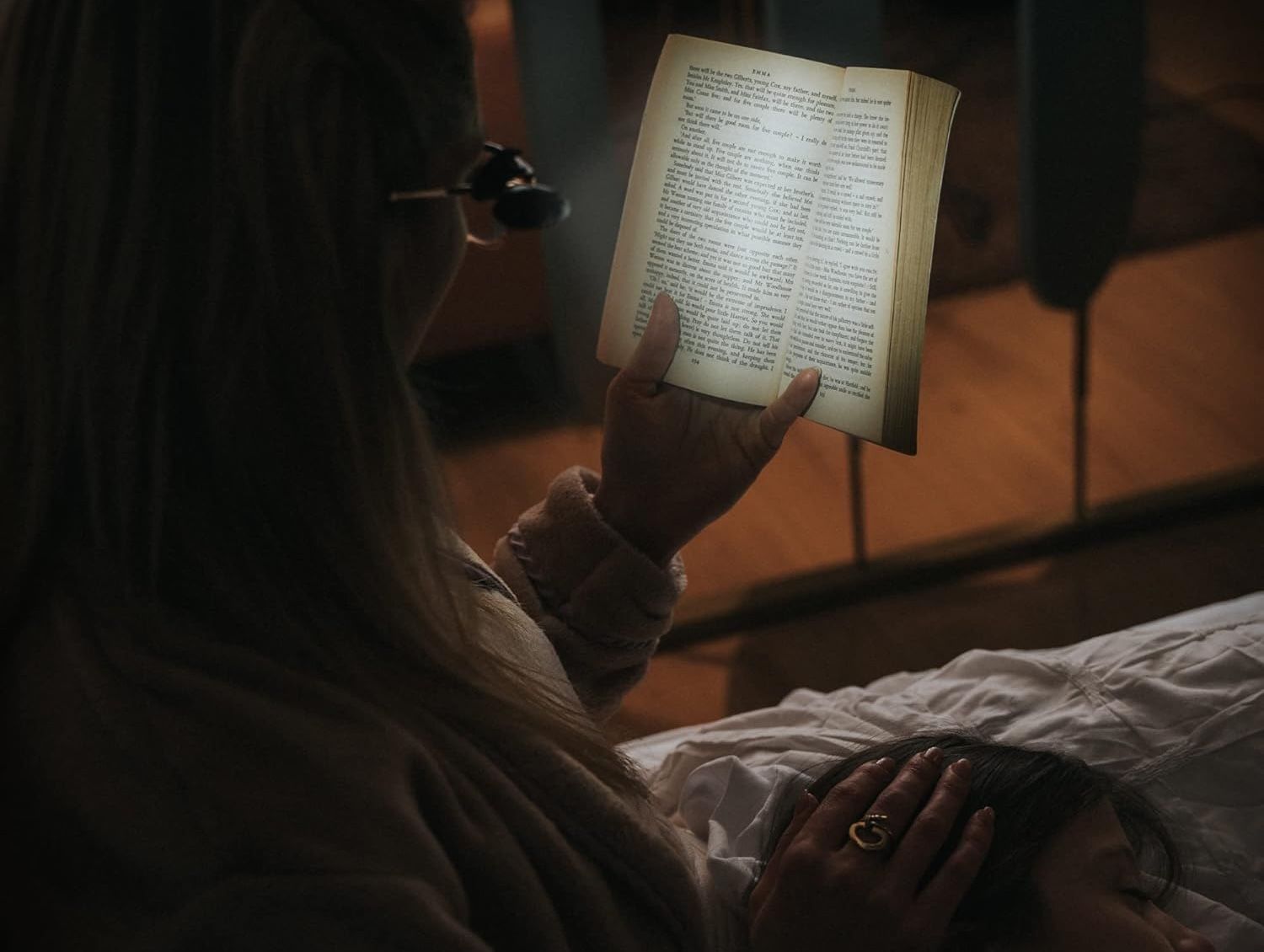Tech News
The Right Reading Lights Can Make All the Difference
Key Takeaways
I love reading both paper and E Ink books, but unlike reading on a screen with a backlight, you have to bring your own photons to the party. Picking the wrong light can make your reading experience less than ideal, and I've experimented with a ton of solutions until I've found the right light for every occasion.
Paper Looks Different Depending on the Light
Since paper is reflective and not emissive of light, it means that the type of light you shine on it will alter how that paper looks. If the paper is pure white, I find that shining a pure white light on it isn't great for my eyes. I prefer a warmer, yellower tone. At the same time, if you're looking at illustrations, you might want to get a light that has a more natural spectrum so you can see the colors as intended. My books tend to have paper with a yellower tone, which seems to be the case for books made with recycled paper. At least based on my own collection. Here, white light helps even things out.
Of course, this is all personal preference and about what feels good to your eyes, but in general, having a modern light that can change temperature and perhaps even color is pretty useful for reading under different conditions and with different paper types.
Small Flexible LED Lights Give You Perfect Control
A multi-temperature reading lamp by Deeplite
I have a small desk downstairs in the living room right behind our recliner, which allows me to hang out with my wife when she watches TV if I'd rather catch up on work or read books. At first, I bought a large ambient light with a soft yellow tone to use beside the desk, but the problem is that this lights up the whole room, and reflects off the TV.
So, on a whim, I picked up a cheap battery-powered LED lamp with a flexible neck, and this turned out to be the perfect solution. The lens in the light directs and spreads the lights exactly onto the spot where my book rests. This has turned out to be the perfect solution, since I don't spoil my wife's viewing, and I get a pretty great view of my book. The model I picked up doesn't have different color temperatures, but it has a lovely soft dim setting that's perfect for reading in low light.
I have a nice dimmable smart lamp next to my bed, but it does illuminate the whole room, and since I sleep in a big bed with my wife, this can disturb her if I want to keep reading after she's fallen asleep. As someone who wears glasses, I've started using clip on reading lights that go on your glasses. It does make you look a little like the DJ in the first Blade movie, but since you're presumably alone, that's not really relevant. The clip on light approach has made reading much more comfortable in bed, and if you set it up right, you only get a bright spot of light exactly where your eye is looking at the moment.
Lights That Clip On to Books Are a Mixed Bag
The most popular sort of book-specific light seems to be those that clip onto books themselves, and I have tried more than a few myself. The problem is that how well these lights work really depends on the type of book you're using. A hardback book with a gap between the spine and binding works well, but books without that gap or any softcover books aren't great with clip-on lights. In fact, it's too easy to damage the cover or pages of the book with these lights, so I avoid them.
Lights Help With eReaders Too
Everything I've experienced with lights on paper books also applies to ereaders. I have a Kobo reader with a built-in light, but there are still situations where I prefer using a separate light, not least of which how heavy the light is on the battery. Ironically, clip-on book lights (at least those with an alligator-style clip) work much better with ereaders than paper books.
I feel like I discovered a cheat code to make reading much easier, and all it took was seeing the light.
When you subscribe to the blog, we will send you an e-mail when there are new updates on the site so you wouldn't miss them.


 Deeplite
Deeplite Nachteule
Nachteule
Comments